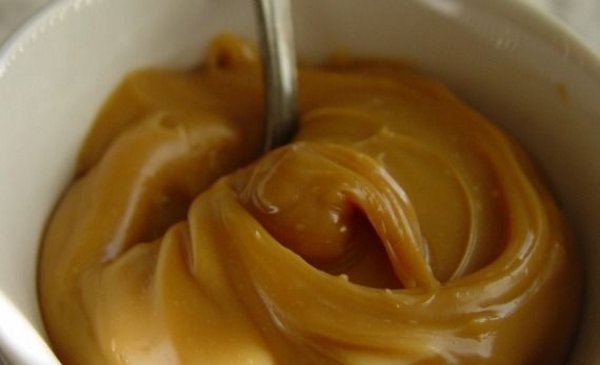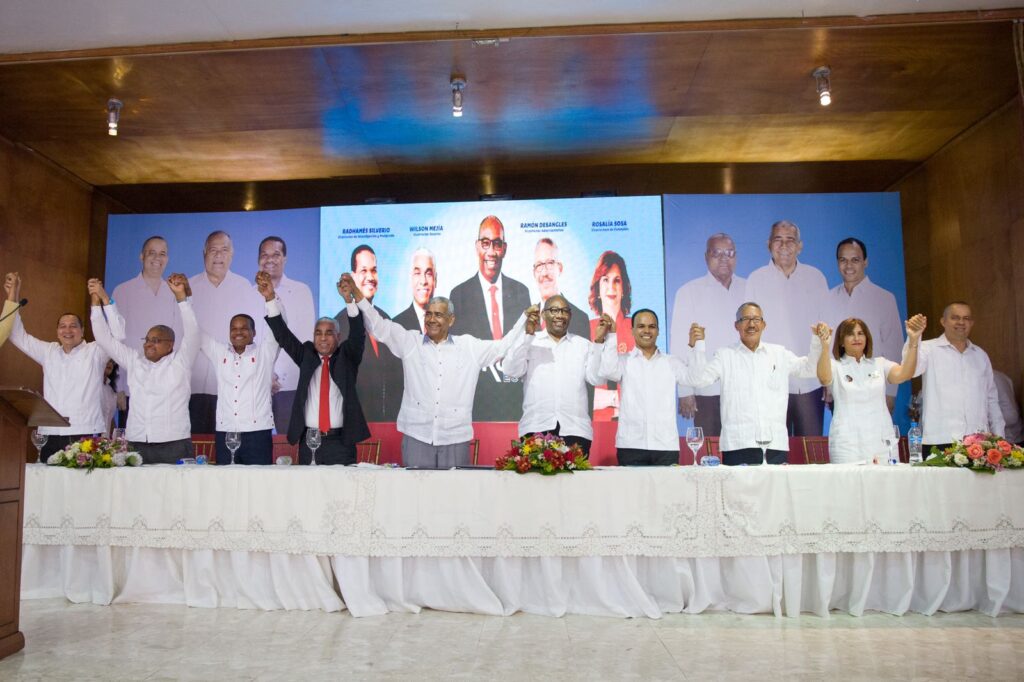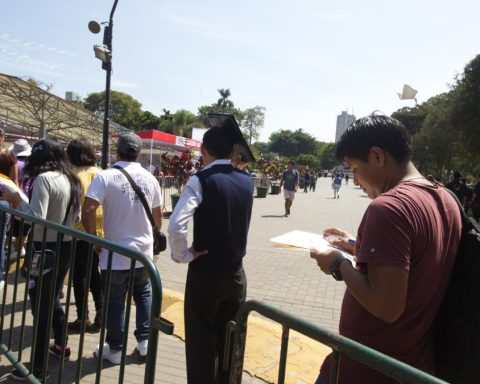Martin Hughes was a global marketing director for a tobacco company and built brands on the four continents he lived on.
Along with the determination to return to his country, Uruguay, came the concern to turn his knowledge into a business that he felt was his own. So it was that in 2016 he decided, together with his brother Walter Hughes, to invest in Alimentos Limay. “The most beautiful thing was doing something with my brother, it’s amazing,” Hughes acknowledged in a conversation with Café & Negocios.
Together they found that one of the main potentials of the brand was to boost its image and competitiveness. “The company never did a lot of marketing, it was based a lot on the quality of the product, they took orders and handled themselves in the old way,” said the CEO of Limay.
Since then, the brothers have worked to optimize the brand that, to date, is the second in sales volume behind a multinational. “It is the second brand in sweets and jams and the first when it comes to reduced-calorie products,” said the marketing expert.
In 2021, Grupo D Alimentos, a leading organization in the preparation of baked goods that produces, for example, for Leader Price, Marbella and Ta-Ta, joined the management team. “Together we define the positioning of the brand, we begin to present it in the media and on the networks and we bring it closer to the consumer,” said the businessman.
Another key aspect for its growth was adding more value to the product by offering nutritional differentials with natural products. They applied this, for example, in the elaboration of varieties that incorporate chia or that are sweetened with peaches. In addition, a Zero line was launched, without sugar, and the packaging was modernized.
In this sense, Hughes maintains that they are guided by the requirements of consumers to define which path to take and innovate. “Our focus is the consumer,” she stressed. In the search for this growth, Hughes points out that they have developed the capacity to produce “white label” candies and jams in their factories that are destined for large surfaces.
Incorporation of Lapataia
In this process, just three months ago, in November 2021, Limay took another big step by adding control of Lapatia to strengthen it hand in hand with Grupo D Alimentos.“The firm is committed to giving a new impetus to the Lapataia portfolio, one of the brands considered to be one of the most attractive in Uruguay, achieved by Princess Laetitia D’Aremberg in her desire to bring the countryside closer to the city. The union makes us stronger and those who will benefit will undoubtedly be the consumers”, reflected the director of Alimentos Limay.
Both national industry companies work with local producers. “Everything is still family and Uruguayan, both Lapataia and Limay and Grupo D Alimentos,” he stressed.
Asked about the challenges that Lapataia faces, Hughes stressed that the firm is very powerful in dulce de leche and in a number of products that promote this sweet as an input.
“The challenge ahead of us is to position the brand and bring the dairy to the city,” said the businessman, adding: “The challenge is to re-transform the portfolio into dairy products. There will be changes in your portfolio, there will be cheeses, yogurts and butter; within that world of dairy products we are going to explore things”, pointed out.
From exportation
For Martín Hughes, there is still a lot to do for both brands, both in the local and international markets. Limay exports approximately 5% of its production, while Lapataia -which has a greater position in both Argentina and Brazil- markets almost 20% of its production abroad. According to Hughes, the gaze is especially directed towards the region, highlighting Brazil, Argentina and Paraguay.


















